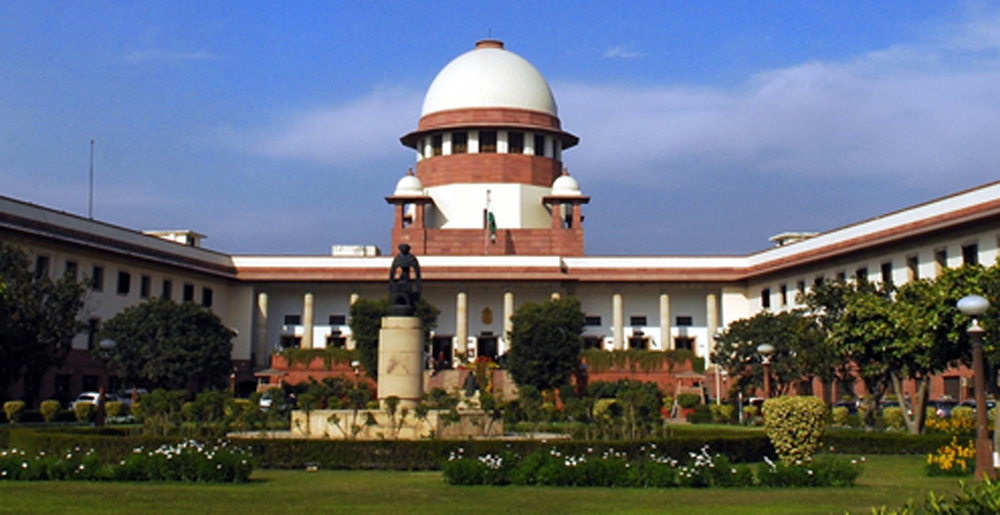The Supreme Court has upheld the constitutional validity of the SC/ST (Prevention of Atrocities) Amendment Act, 2018, saying a court can grant suspects anticipatory bail only when a prima facie case has not been made out.
The amendments had been brought to nullify the effect of the court’s ruling earlier that year in March that diluted the provisions of the stringent law.
A bench headed by Justice Arun Mishra said on Monday a preliminary inquiry was not essential before lodging an FIR under the act, nor was the approval of senior police officials a must.
Justice Ravindra Bhat, the other member on the bench, said in a concurring verdict every citizen needs to treat their fellow citizens equally and foster the concept of fraternity.
Justice Bhat said a court could quash the FIR if a prima facie case is not made out under the SC/ST Act but the liberal use of anticipatory bail would defeat the intention of Parliament.
The top court’s verdict came on a batch of public interest petitions that had challenged the validity of the SC/ST Amendment Act of 2018, which was brought to nullify the effect of the court’s march 20 ruling that year.
The court had in January last year refused to stay the 2018 amendments, which had restored the provision that no anticipatory bail could be granted to an accused under this law.
In its 2018 verdict, the court had taken note of the rampant misuse of the stringent act against government servants and private individuals and said there would be no immediate arrest on any complaint filed under the law.
Violent protests had broken out across the country after the court’s verdict, leaving several persons dead and many injured.
On August 9, 2018, Parliament had passed the bill to overturn the court’s March 20 judgment.
Later, the Centre had filed a petition in the top court seeking a review of its March 2018 judgment.
On October 1, 2019, the court restored the earlier position of the law by recalling two directives in the March 2018 verdict, which provided for no absolute bar on grant of anticipatory bail and prior inquiry before arresting a public servant or a private individual under the act.
The 2018 amendments had ruled out any provision for anticipatory bail for a person accused of atrocities against Scheduled Castes and Scheduled Tribes, notwithstanding any court order.
They provided that no preliminary inquiry would be required for registering a criminal case and an arrest under this law would not be subject to any approval.










